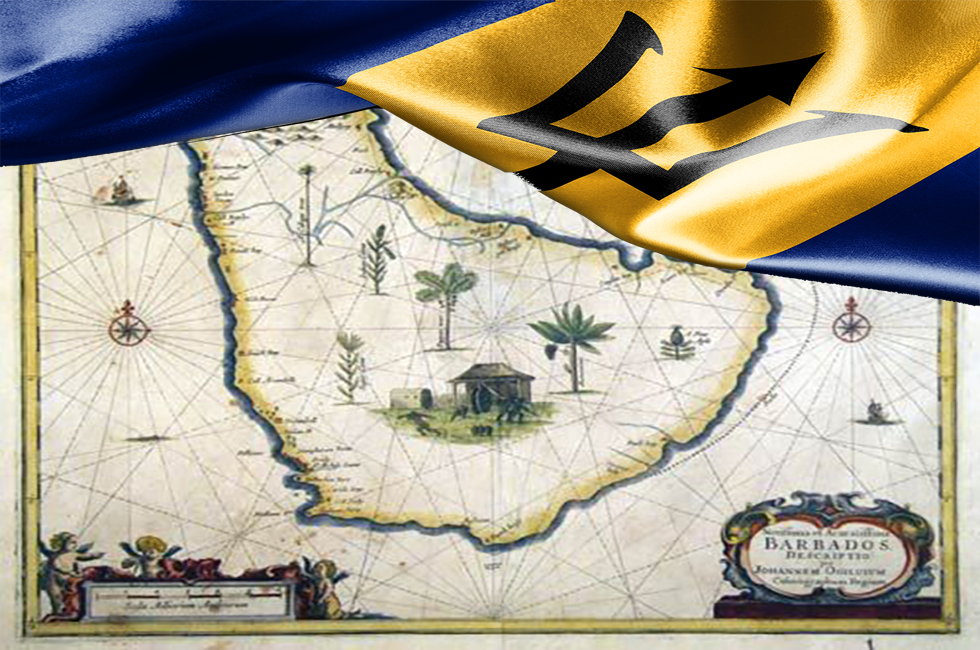In the early 17th century, the English embarked on an ambitious mission to expand their colonial reach. One of the most significant chapters in this endeavor was the establishment of a colony in Barbados.
This blog post will delve into the captivating story of the first English settlers, their arrival, initial struggles, and how they transformed Barbados into a vital outpost for the British fleet from 1623 to 1751, a period that even witnessed a visit from a young George Washington.
The Arrival Of The English Settlers
In 1627, a group of English settlers, led by Captain Henry Powell, landed on the pristine shores of Barbados. These intrepid colonists were the vanguard of England’s expansion into the Caribbean. At the time, the island was uninhabited, providing a blank canvas for the English to establish their presence.
Early Struggles And Adaptation
The early years were marked by hardships as the settlers had to adapt to the unfamiliar tropical environment. They faced challenges in securing food and fresh water, and their numbers dwindled due to disease. However, their determination and resourcefulness allowed them to gradually overcome these obstacles.
The Sugar Revolution
In the mid-17th century, Barbados underwent a transformative period known as the “Sugar Revolution.” The introduction of sugar cultivation quickly changed the landscape of the island. English planters, now utilizing enslaved labor from Africa, began cultivating sugarcane on a large scale. The profitability of sugar production led to a massive influx of settlers and investment from England.
Barbados As A Key British Outpost
Barbados soon evolved into a crucial hub for the British fleet. Its strategic location in the Caribbean made it an ideal stopover point for British ships traveling between Europe and the Americas. The island’s excellent natural harbors provided a secure haven for ships to resupply, repair, and rest before continuing their long journeys across the Atlantic. Barbados also became a center for trade, further cementing its importance to the British Empire.
The Visit Of George Washington
In 1751, a young George Washington visited Barbados with his half-brother, Lawrence. This visit, though lesser-known than his later achievements, played a vital role in his life. The warm climate of Barbados was believed to have been a contributing factor to George Washington’s recovery from a severe bout of smallpox. This visit marked an early chapter in the life of one of the Founding Fathers of the United States.
Legacy And Conclusion
The early history of English colonization in Barbados is a testament to the indomitable spirit of exploration and ambition. The settlers’ resilience, their ability to adapt to new environments, and their cultivation of sugarcane left an enduring legacy on the island’s culture and economy.
Barbados’ role as a vital outpost for the British fleet was essential in safeguarding British interests in the Caribbean and beyond. The island’s strategic location ensured that it would remain a key component of British colonial holdings for centuries to come.
As we reflect on this fascinating period in history, it’s clear that the English colonization of Barbados played a crucial role in shaping the Caribbean and the wider world. From the arrival of the first settlers in 1623 to the visit of a young George Washington in 1751, the story of Barbados stands as a remarkable chapter in the annals of colonial history.


